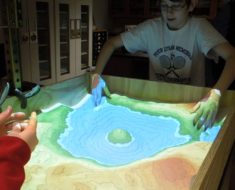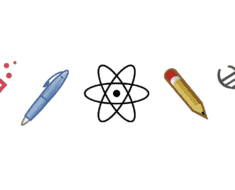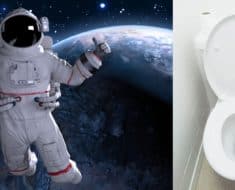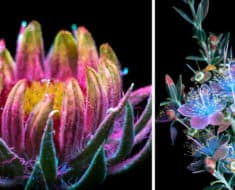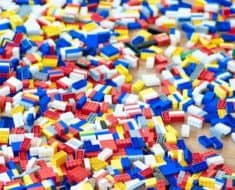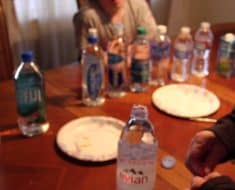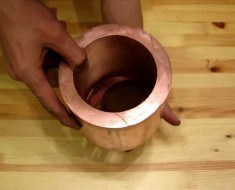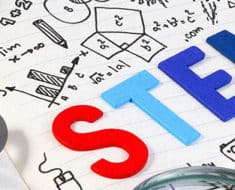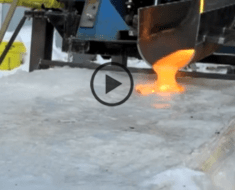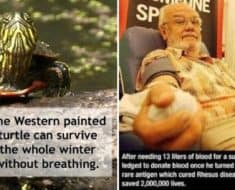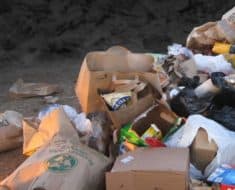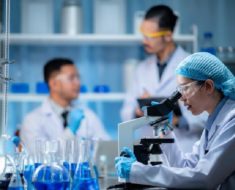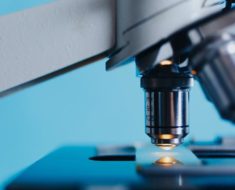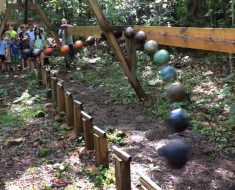
demo.sngine.com
The study of science rests on the shoulders of both the young and old. As a young science student, you are fascinated by every little bit of detail. You learn about planetary bodies, you look up at the stars and may think that they are closer to the earth than Jupiter. At this young age, you may not be aware that those stars you see are millions of light-years farther than the nine planets you sang about in school. You may not have been aware that those stars have their solar system just like the closest star to us: the sun.
The young science student will gradually become aware that even those with the biggest telescopes are faced with a mountain of unknowns. Every science subject is fascinating to a young mind, but for the youngster to be ranked high in the study, he/she has to understand that there is no end to the study of any aspect of science. This understanding of the fact that the education of science is a lifetime study creates the necessary hormones that induce a higher intelligence quotient for the brain work involved in the study. The more you know, the more you will discover that you don’t know.
As an older science student, you must’ve decided on the aspect of science that you desire to specialize in. One can as well say that your choice will shape your entire future. Your preference will add an extra piece of support to the acquisition of knowledge concerning that aspect. For instance, as a pharmacist, you will eventually have to reproduce accredited remedies, or upgrade on existing ones, or produce remedies for the numerous health challenges that currently have no cure, or you will prescribe their use.
A Continual Loop

fotos.geant.com.uy
You have to start familiarizing yourself with the various scientific techniques, terms, conditions, and work ethics related to your field of study. Be aware that it’s a continual loop. Don’t be discouraged by the complexities, because every career in science is rewarding. You will be able to fit into most sectors of the economy; train yourself to read for long hours daily; ask a lot of questions; do a lot of personal research; mature into a savvy academic writer; build a team of like-minded friends; attend conferences and events that discuss your field of study. Try to read about various conflicting theories that argue against the widely accepted ones, you know. Do not be overwhelmed; you will turn out great!
Science can be identified in everything around and within us. Even the air we breathe has a well- studied scientific composition and characteristics. We know that although we may not always see them, gases and microorganisms are all around us. Our phones receive and send actual signals and rays that are composed of tiny (invisible to the naked eyes) radio waves which have distinct frequencies from other invisible rays like x-rays, microwaves, etc.
These very tiny particles have been brought to light through continuous education and studies conducted to find out the best uses for them ultimately. The speed of light has been calculated, as well as the speed of sound. These constants also have their role to play in ensuring that scientists continue to push the boundaries of their various research. All these scientific studies continue to prove to us that every single particle has a role to play on earth.
The Concerns

freepik.com
We must, therefore, ensure that we respect our environment. We must not use our knowledge to abuse science. History has proved that science can be extremely harmful when it reacts negatively. Action and reaction are equal but opposite, so whenever there’s a wrong action on science, expect a cold response.
Environmental pollution, widespread deforestation, viruses, depletion of the ozone layer, extinction of species, flash floods, cyber-attacks, database crashes, etc. are all effects of our abuse of natural and digital science. Thankfully, scientists have started raising global awareness of the dangers of our actions and how we can live harmoniously with science. These dangers have given rise to a new level of formal and informal education, to equip us with information about how to properly improve our knowledge and use of science all around us.
The word “science” originated from its root word “Scire,” which means “Know” in Latin. One can, therefore, argue that science and education are closely tied to each other. They both have no end. They both have formal and informal interpretations. They may seem difficult to grasp initially, but they become exciting along the way.






